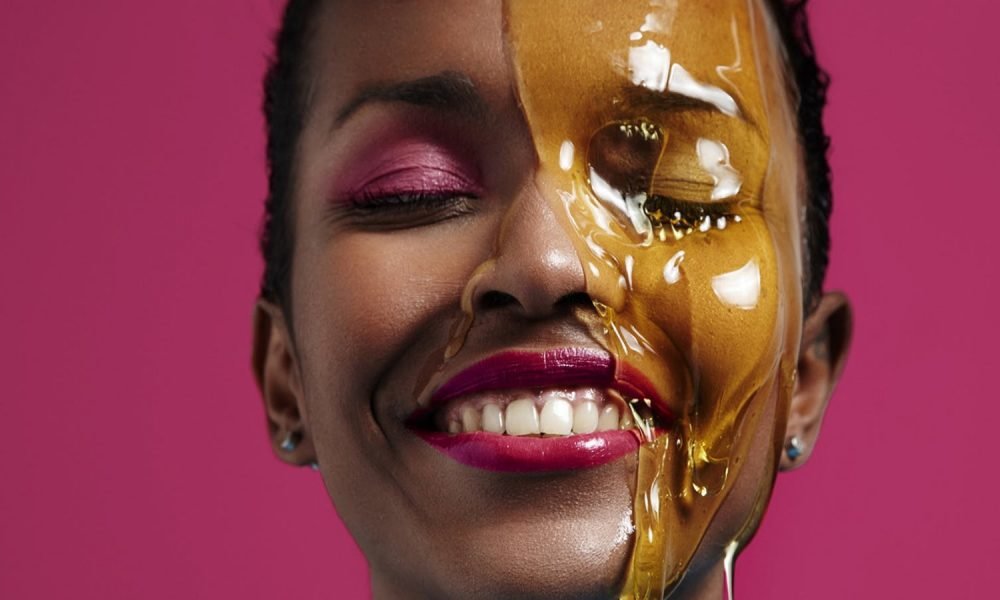
Natural Skin Care Ingredients which can Make or Break Your Skin

How scientific are we these days? Most rational folks believe in it as far as engineering, the climate, space, and medicine are concerned. But for stuff to put on our ourselves, especially our faces, we become skeptical and suspicious and rather than trust chemists manufacturing bio-chem ingredients, we prefer to ancestral concoctions or make our own. Chances are that ancient wisdom sometimes doesn’t work as many natural ingredients are incredibly allergenic. With that in mind, experts help evaluate ingredients that ensure beautiful hair and skin, and isolate ones to be avoided.
A) Use Lavishly
- Milk and yogurt
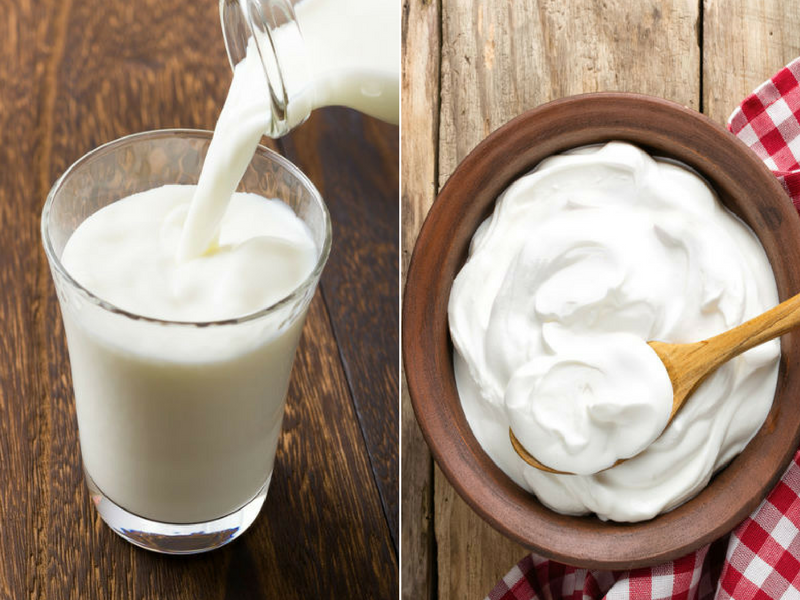
Cleopatra and Queen Elizabeth I loved their milk baths, while experts recommend milk applications on the face for breakouts or dryness as milk can calm down the skin. Research reveals that cow’s milk helps the skin cells grow under clinical conditions. Milk contains Lactic acid, which is an AHA or alpha-hydroxy acid that moisturizes, exfoliates, and reduces the effects of sun damage on the skin. Milk fermented into yoghurt gives more benefits, as research and trials show thatyogurt masks improve skin brightness, elasticity, and moisture.
- Oatmeal
Oats contain antioxidants -which also protect us from UV rays- water-retaining beta-glucans (sugars), cleansing saponins and anti-inflammatory molecules. That means that the scientists and even our Moms know that it is effective, soothing and good for the skin. The labs prefer to make colloidal oatmeal, ground into tiny particles that soothe eczema or other inflammatory and itchy skin conditions and plain old dryness. Home-made recipes put rolled oats in a mixer for more or less similar benefits. However, use gluten-free oats if you have celiac.
- Turmeric
It turns every surface it touches, a bright shade of yellow, but this amazing root is very rewarding and worth the effort. Topical use of turmeric is effective in treating sun damage, psoriasis, acne, hair loss and more, all thanks to it’s active ingredient curcumin. Turmeric is fairly inert and has massive antioxidant properties.
- Argan oil
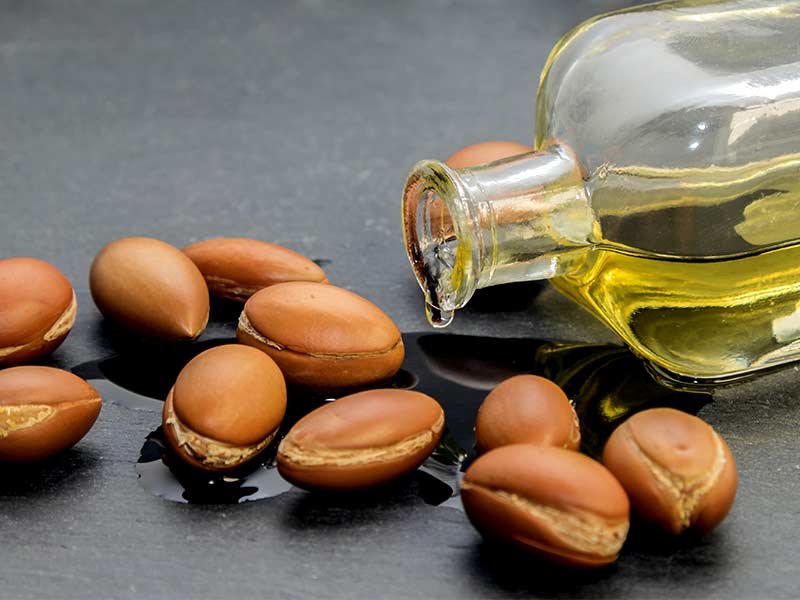
The Moroccans, since centuries, have used this nut oil on their skin, on their hair and in their grub. Argan oil is replete with the protective lipid, squalene and vitamin E, and helps with sunspots and skin elasticity. It restores both skin and hair and you could use it for deep conditioning and adding moisture to your hair. So scour Pinterest for the best argan oil brands and recipes.
- White and Green tea
Experts favour using tea for skin care as there are very few remedies that are easy and awesome-smelling as putting old tea bags on tired eyes after a long night. The pretty hue it gives all lotions and potions, makes it look like it came from a fancy spa. Tea has antimicrobial, antioxidant and anti-inflammatory properties, which is makes it effective in treating acne. Tea extracts help protect skin from the harsh sun and pollution. Studies reveal that the application of caffeine to the skin increases blood flow, which sounds promising.
B) Try at Your Own Risk
- Honey

We absolutely believe experts, but honey-based masks may not suit everyone. Actually, experts disagree over the benefits and safety of slathering honey on your face as the anti-inflammatory and antioxidant properties of honey are said to soothe irritated skin. New Zealand’s Manuka honey is widely hyped, while some other types of honey have anti-microbial properties. Using honey to repair wounds has made a recent comeback, although Propolis an active ingredient in honey, can cause allergies.
- Coconut oil
Almost all home skin and hair treatments includes coconut oil as it feels silky and soft and lab-approved for being effective in combating dry skin and some bacteria strains. It has natural anti-fungal and anti-bacterial properties besides being very absorbent. Using oil on the skin can block pores while the risk of a dormant allergy turning into a major one because of regular use, cannot be ruled out. People with a sub-clinical allergy may not exhibit symptoms for ages, till the immune system threshold of tolerance is finally breached.
C) Always Avoid
- Citruses fruits like lemons and others
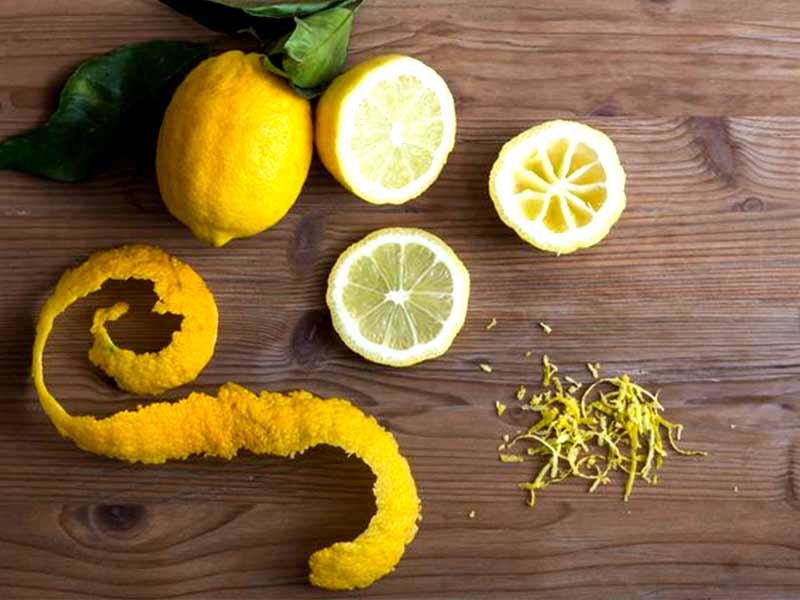
Mild acids found in citrus fruits naturally add vitamin C to skin and exfoliates it, but might irritate the skin and increase sun sensitivity. The resulting burns was probably not something you wanted when you added lemon to your face mask. Lemon juice (pH around 2), added to your skin’s acid layer (pH of 4.5 to 5.5), could really mess it up.
- Essential oils
Ylang-ylang, tea tree, lavender, rose, etc. all smell great, and most Pinterest-approved recipes contain at least one of these essential or carrier oils. But dermatologists never endorse using these oils directly on the skin as these cause allergic reactions including breaking out in rashes.
Handle with Care
With advice from an entire bevy of DIY beauty gurus, but all of us prefer to avoid flaky, dry rashes. Have fun making your own skin treatment once in a while but for your daily care, leave it to experts.
More in Skin Care
-
`
How to Build Muscles & Gain Mass After 50
Are you wondering how to build muscle mass after 50? You are not alone. Many people think that hitting the big...
June 20, 2024 -
`
How to Speed Up Your Nose Job Recovery Time
Undergoing a rhinoplasty is an exciting step towards a new appearance, but it comes with a recovery period that requires patience...
June 15, 2024 -
`
Best Tattoo Ideas for Women With Meaning
Are you on the hunt for tattoo ideas for women with meaning? Tattoos are more than just body art; they’re personal...
June 4, 2024 -
`
What Are Actives in Skin Care Products and How Do They Work?
Have you ever sifted through a sea of beauty blogs and stumbled upon the term “actives”? Maybe you’ve seen advice on...
May 31, 2024 -
`
How Long Can Pre Workout Last? Find Out Now!
You lace up your sneakers, pull on your workout gear, and glance at the clock. It’s almost time to hit the...
May 23, 2024 -
`
How Often Should You Get Botox Injections? A Comprehensive Guide
If you’ve ever considered the wonders of Botox, you’re likely familiar with its ability to smooth away those pesky forehead wrinkles...
May 16, 2024 -
`
Why is Dubai’s Popularity Soaring Among Tourists?
Dubai, a name synonymous with extravagance, innovation, and a captivating blend of modern marvels and ancient traditions. This captivating city, nestled...
May 9, 2024 -
`
Maximizing Your Skincare Routine: Learn How to Layer Skincare Products
Navigating the realm of skincare can feel daunting, especially with an array of products to apply. However, fear not! Learning how...
May 1, 2024 -
`
How to Restore Gut Health After Antibiotics – Practical Tips and Strategies
Ever finished a course of antibiotics and felt a rumble in your tummy? You’re not alone. Antibiotics, while crucial for fighting...
April 27, 2024




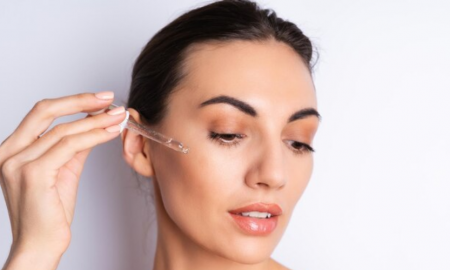

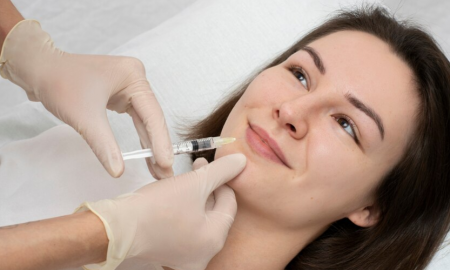








You must be logged in to post a comment Login